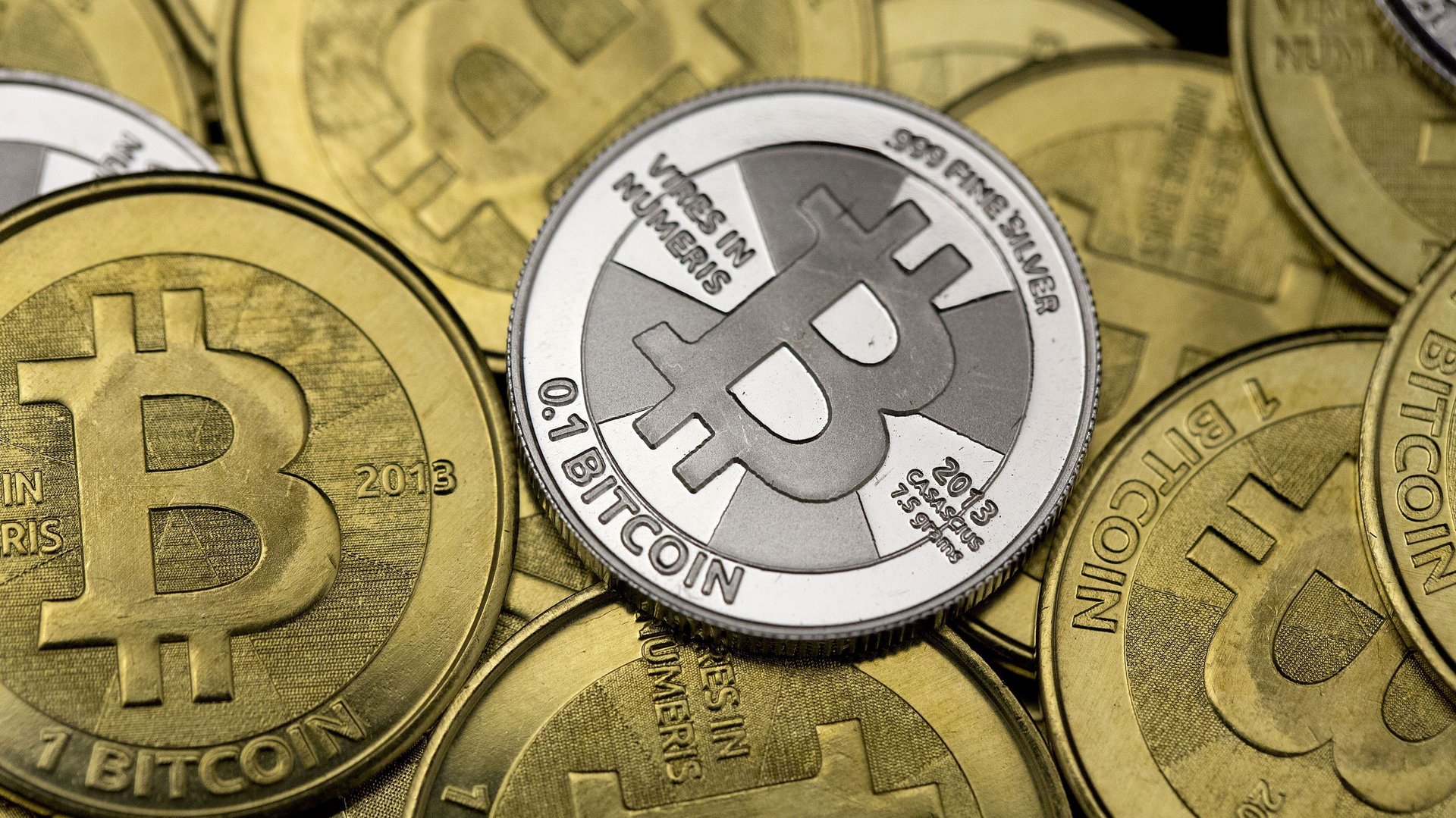Even if China shuts down cryptocurrency exchanges, bitcoin trading won’t stop
Fresh reports have emerged about an imminent shutdown of cryptocurrency exchanges by Chinese authorities. The Wall Street Journal reports (paywall) that the Chinese central bank has prepared a set of “draft instructions” that would ban the trading of digital currencies such as bitcoin and ether, citing unnamed sources. The price of bitcoin has fallen about 9% since business publication Caixin first reported on a ban on Sept. 8. The price of ether has fallen 12% in the same period.


Fresh reports have emerged about an imminent shutdown of cryptocurrency exchanges by Chinese authorities. The Wall Street Journal reports (paywall) that the Chinese central bank has prepared a set of “draft instructions” that would ban the trading of digital currencies such as bitcoin and ether, citing unnamed sources. The price of bitcoin has fallen about 9% since business publication Caixin first reported on a ban on Sept. 8. The price of ether has fallen 12% in the same period.
The WSJ report echoed one from the official China Securities Journal on Sept. 9, which cited unnamed sources close to the regulator saying bitcoin trading platforms “should be banned” as soon as possible. Despite the reports, the major exchanges are still operating, and they say they haven’t received any notices from regulators.
Even as a possible halt on cryptocurrency trading in China comes into focus, the country’s exchanges and traders are already making contingency plans. The upshot is this: A ban on crypto exchanges won’t mean the end of trading in digital currencies.
One contingency plan is to shut down centralized exchange services and focus on peer-to-peer trading instead. Two of the biggest exchanges are Huobi and OKCoin, both based in Beijing. They made similar announcements on Sept. 9, saying they would cooperate with the authorities if the reports proved accurate. Their plan is to shut down the exchange portion of their business if required, instead facilitating peer-to-peer trades between individuals buying and selling cryptocurrency. “Bitcoin and peer-to-peer trades are not illegal,” reads OKCoin’s statement (in Chinese).
Another contingency is to simply move operations outside China, one exchange operator who wished to remain anonymous told Quartz. Overseas exchanges would have difficulty accepting deposits in Chinese yuan, so they would focus on trading solely among cryptocurrencies, the operator said. He said his firm has plans to form a company abroad, and that other firms were likely to do so. “Chinese companies will become international in the future,” he said.
Exchanges aren’t the only ones preparing for a ban. A significant chunk of crypto trading currently happens through “over the counter” (OTC) trades, which let buyers and sellers negotiate a price directly. These are usually arranged by a broker, who connects both parties in a chat group. One broker told Quartz that the number of trades he was handling has more than doubled since news broke of a rumored crackdown on exchanges. “Speculators still need to speculate even if they can’t trade on exchanges,” he said.
The favored app for arranging OTC trades was WeChat, the ubiquitous platform run by Chinese tech giant Tencent. Now brokers are moving to chat platforms operated by non-Chinese companies to keep the trades going, in response to new rules tightening controls on chat groups. The broker said he’s moved everything to Telegram, a chat platform founded by Russian entrepreneur Pavel Durov that touts its privacy measures. He says he is even implementing “know your customer” rules by asking his clients to send him photos of themselves holding up their identity cards.
Observers of the Chinese cryptocurrency scene are optimistic that a crackdown on exchanges, even if it were to come, will only damage the industry in the short term. “Exchanges are not what give value to blockchain assets like bitcoin. It is the intrinsic technology and numerous applications who play decisive roles,” says Eric Zhao, an engineer at the Chinese Academy of Sciences who operates the widely followed CNLedger Twitter account. “From an investment aspect, while short-term speculators might find it harder to trade, long term investors are not that affected. Just inconvenience for the most part.”